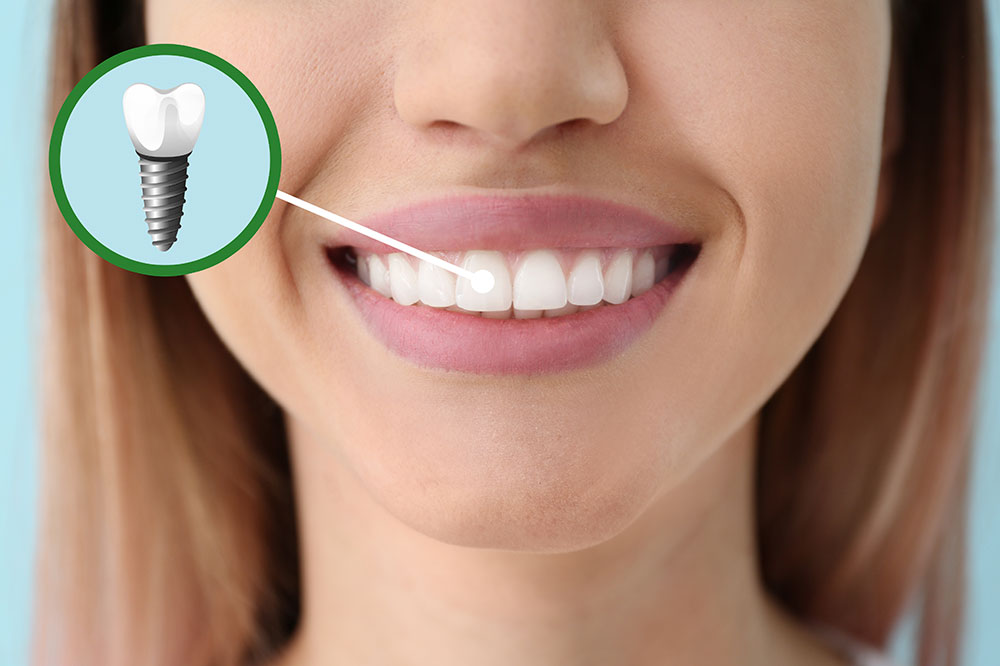13 Effective Tips to Facilitate Hormonal Balance

The human body is an intricately connected system; the hormones are its dedicated messengers. The hormones perform several bodily functions, from facilitating a healthy metabolism to regulating mood, growth, sexual function, and sleep. Hormonal imbalances are linked with various health conditions, including hypo- and hyperthyroidism, diabetes, polycystic ovary syndrome (PCOS), and Addison’s disease. On the bright side, here are some lifestyle tips that can help you balance your hormones and promote overall well-being:
Limit or avoid sugary treats
Studies suggest that increased sugar intake can increase testosterone levels in women and lower these levels in men. This hormonal fluctuation can trigger conditions like PCOS and acne among females and erectile dysfunction, and other health issues among males. Thus, it helps to limit or avoid fructose in all forms, including soft drinks, desserts, canned juices, and energy drinks.
Regulate your sleep cycle
Lack of sleep is a leading cause of hormonal imbalance, causing excessive secretion of cortisol in the body and production of surplus energy. Thus, experts recommend 7-9 hours of sleep per night as ideal for hormonal health and a well-functioning metabolism. Some simple lifestyle changes like avoiding screen time before sleeping, sleeping in a dark room, and investing in a comfortable mattress can help better one’s sleep schedule.
Include healthy fats in your meals
A common misconception is that all fats are detrimental to physical health. While saturated fats in processed foods can lead to lifestyle diseases like diabetes, cholesterol, and cardiovascular conditions, healthy fats are essential to provide energy and enhance cell function. Moreover, these fats can contribute to the reduction of insulin resistance and the regulation of cortisol, the stress hormone. Healthy fats are found in avocados, fatty fish, eggs, olive oil, seeds, nuts, and nut butters.
Practice yoga and meditation
The constant hustle-bustle of modern life has led to elevated stress levels across age and income groups, triggering several physical and mental health conditions. For starters, stress can lead to increased secretion of cortisol, which, in turn, releases glucose from the liver. Chronic stress can hamper the body’s strategies to restore hormonal balance after stressful events. Moreover, high cortisol levels can increase one’s appetite, leading to overeating and related health conditions. Practicing yoga and meditation regularly can help with stress management, relax the body and mind, and promote hormonal balance.
Increase your protein intake
Adequate protein intake helps the body produce optimal peptide hormones or hormones derived from proteins. Peptide hormones are essential for bodily functions like growth and development, reproduction, and stress management. A protein-rich meal plan can work wonders in regulating hormone levels and ensuring physical well-being. Thus, one must incorporate protein-packed foods like eggs, poultry, beef and pork, dairy and dairy products (if not lactose intolerant), soy, and lentils for good hormone health.
Exercise regularly
Research has demonstrated that regular exercise is beneficial in several ways for hormonal balance. Regular workouts can increase essential hormones like dopamine, which regulates stress levels; serotonin, which deals with better mood, sleep, digestion, etc.; testosterone in men, essential for sex drive, strength, and fertility; and estrogen in women, which contributes to good reproductive and sexual health. High-intensity exercises like squats, crunches, push-ups, weight training, and lunges can help with optimal hormone secretion. However, individuals with health conditions that restrict them from engaging in such workouts can opt for moderate to low-intensity cardio exercises like low-intensity aerobics, stretches, walking, jogging, cycling, skipping, etc.
Avoid processed foods
Processed foods can cause inflammation and increase pressure on the adrenal glands, leaving one susceptible to hormonal imbalance. It helps to avoid processed foods like processed meat, cheese, baked goods, and packaged foods, replacing them with lean meats and healthy carbohydrate and fat sources.
Increase the fiber intake
Consuming fibrous foods can help reduce insulin resistance and increase one’s feeling of satiety. Foods like brown rice, rolled oats, brussels sprouts, lentils, chickpeas, and avocados are excellent sources of fiber and should be included in one’s daily meal routine.
Stay hydrated
Studies have shown that even minor changes in tissue hydration can significantly affect the body’s hormonal balance, leading to oxidative stress and affecting the organs. Ideally, men and women must consume approximately 3.7 and 2.7 liters of water daily, respectively. Moreover, one must ensure to consume clean, filtered drinking water.
Incorporate omega-3-rich foods
Omega-3 fatty acids have anti-inflammatory properties and can play a significant role in ensuring hormonal balance. Fatty fish varieties like salmon, mackerel, and herring are packed with omega-3 fatty acids. Walnuts, almonds, eggs, kidney beans, brussels sprouts, and avocados are other sources of omega-3.
Maintain a balance of prebiotic and probiotic foods
A healthy balance of prebiotic foods – including onion, garlic, oatmeal, apples, bananas, chickpeas, and sweet potatoes – and probiotic foods, such as yogurt, kefir, and sauerkraut, is required to maintain optimal hormonal health. Prebiotics and probiotics work in tandem to support gut health, which, in turn, leads to healthy hormonal functioning.
Avoid oversleeping
Similar to sleep deprivation, oversleeping can also play havoc with the body and cause hormonal imbalances. Excessive sleeping can trigger imbalances in serotonin, adrenaline, and cortisol levels, increasing one’s risk for cardiovascular diseases, anxiety, and compromised immunity. Thus, sleeping beyond nine hours per day is detrimental to hormonal health.
Limit caffeine intake
Caffeinated beverages like tea, coffee, cold drinks, and energy drinks can produce excessive cortisol, increasing inflammation. Some studies have also shown that caffeine can increase estrogen levels in women. It helps to limit or avoid caffeine to maintain hormonal balance.
Hormonal imbalances are overwhelmingly common today, particularly during puberty, menstrual cycles, pregnancy, and menopause among women. According to a research study, 43% of women reported that their hormones had negatively impacted their overall well-being. However, overcoming hormonal imbalance is possible through a disciplined approach and a healthy lifestyle. The key is to follow a regulated meal plan, avoid a sedentary lifestyle, and replace processed foods with healthy protein, fat, and carbohydrate sources.






